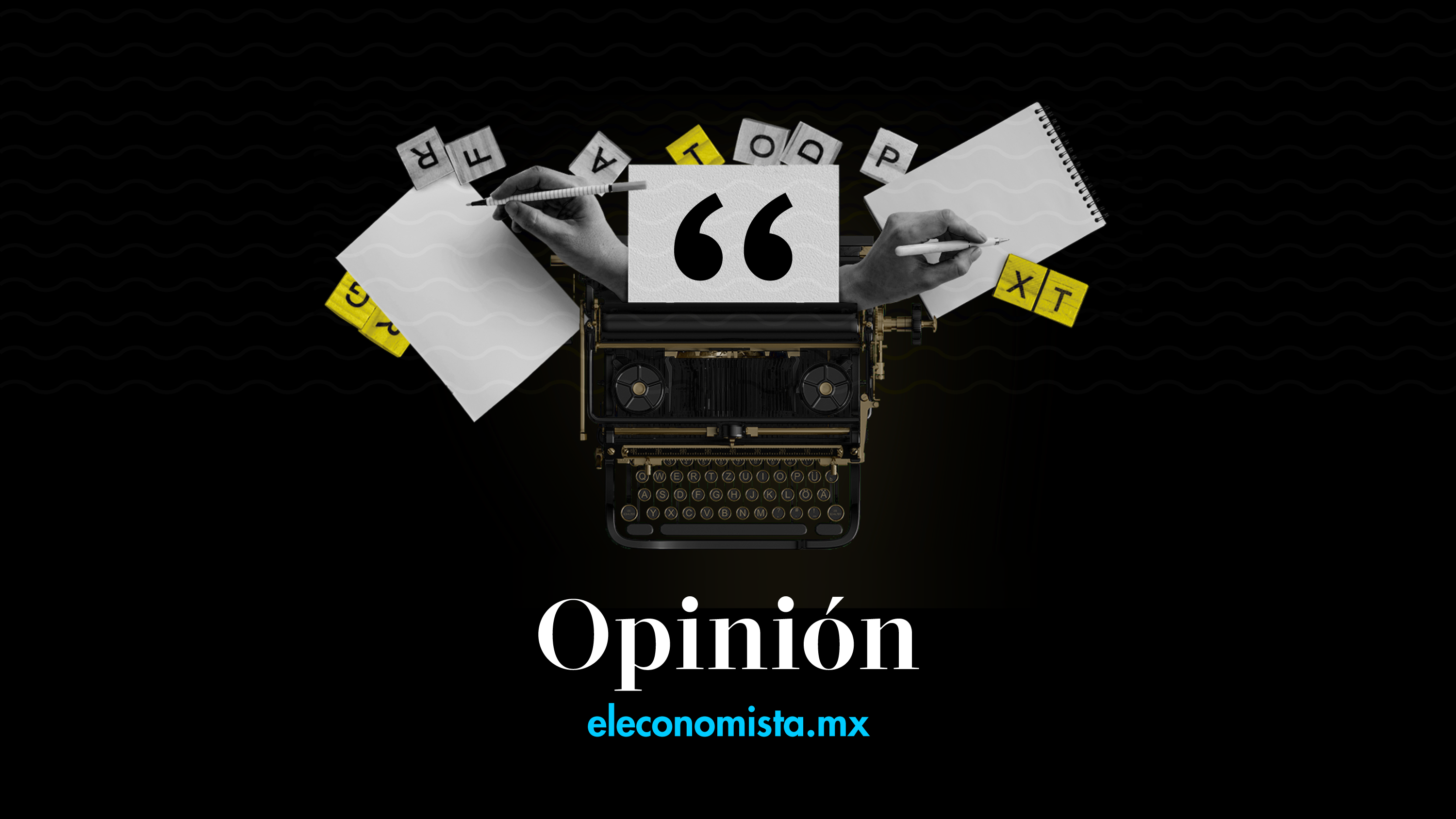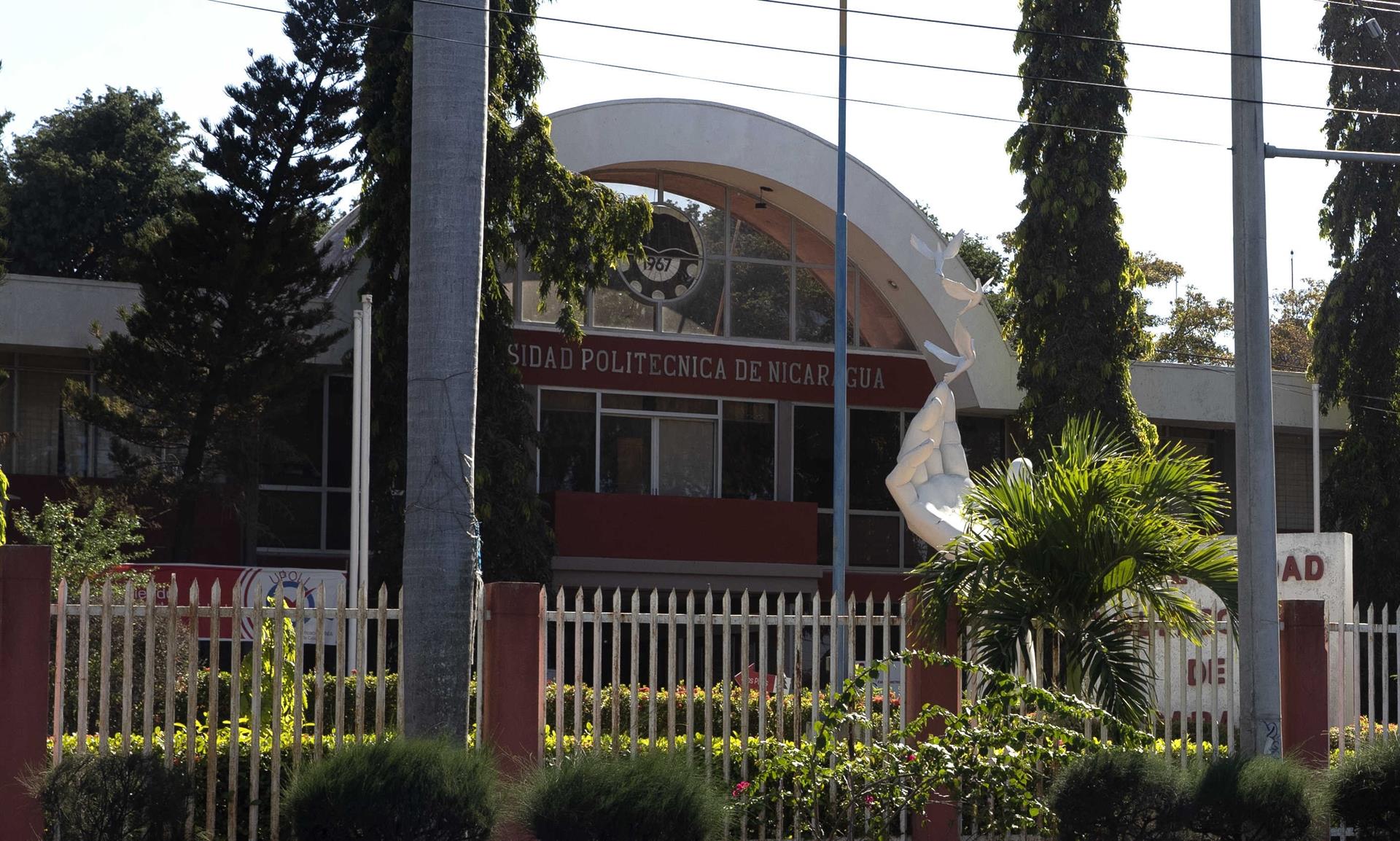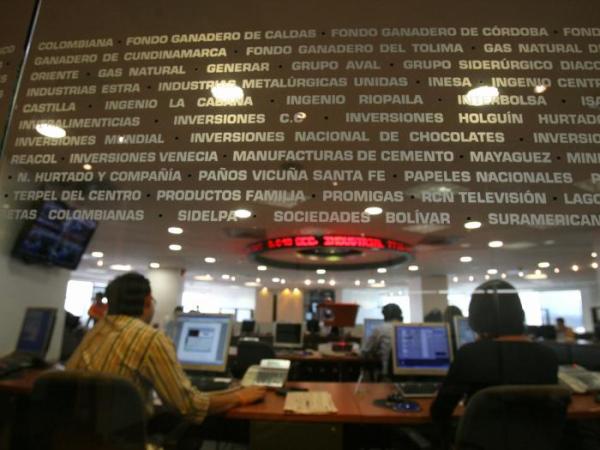“Don’t think that governing is very scientific,” said President López Obrador, when his administration was just getting started. He then offered to govern with “common sense”, with “practical judgment”, to transform the country.
Common sense, of course, is not at odds with science. Both demand the maximum capacity of the statesman to deal with the world as it is and not as he would like it to be. For this reason, both common sense and science have arrogance and dogmatism as their great enemies.
In The tragedy of shortages, Xavier Tello analyzes how a disregard for specialized knowledge and a simplistic vision of austerity caused the López Obrador government to provoke a serious shortage of medicines and the worst public health crisis in Mexico.
The book explains the sequence of mistakes that paralyzed the system of direct delivery of medicines to patients, a peculiarity of the public health system in Mexico. In almost all the world, the network of commercial pharmacies is used to fill the prescriptions issued by public health institutions and the State absorbs all or part of the cost.
The tragedy of the shortage began with the decision to centralize all of the federal government’s purchases in the Mayor’s Office of the Treasury. As Tello explains, they put the complex process of acquiring and supplying medicines in the hands of officials without experience or specialized knowledge.
The government then tried to get rid of the distributors. Ignorance of the industry led Treasury officials to see them as mere intermediaries who did not add any value to the supply chain. President López Obrador himself signed a decree – which was later declared illegal – in which he vetoed the three largest distribution companies in Mexico.
Additionally, the Mayor’s Office of the Treasury established in the bidding conditions many conditions whose fulfillment was excessively onerous or impossible. Many manufacturers refrained from participating. The 2019 consolidated drug purchases were a resounding failure. A very high percentage of the “keys” (a term that refers to medicines authorized by public health institutions) were deserted.
President López Obrador’s reaction was to accuse pharmaceutical companies of boycotting the new centralized purchasing system. In retaliation, he made the decision to buy medicines from the public health system abroad. He instructed the newly created Institute of Health for Welfare (INSABI) to sign an agreement with a United Nations agency for this purpose. The result was a disaster that Tello documents.
The disappearance of Seguro Popular, the transfer of drug purchases to INSABI and the strict application of the principle of gratuity ended up exacerbating the crisis. Health institutions lost the financing scheme provided by Seguro Popular and were left without the ability to purchase medicines on their own. Doctors were prohibited from writing prescriptions to be filled at private pharmacies.
The main victims of the 4T centralizing experiment have, of course, been the patients; low-income people who depend on public health institutions. Tello’s book makes his tragedies visible and raises his voice against the 4T health policies. He denounces a health system that has stopped working for patients and it is the latter who must provide service.
*Professor at CIDE.
Twitter: @BenitoNacif
Teacher
particular vote
Dr. Benito Nacif is a professor in the Political Studies Division of the Center for Economic Research and Teaching (CIDE). He was Electoral Counselor of the National Electoral Institute (INE) from 2014 to 2020 and of the Federal Electoral Institute (IFE) from 2008 to 2014.








